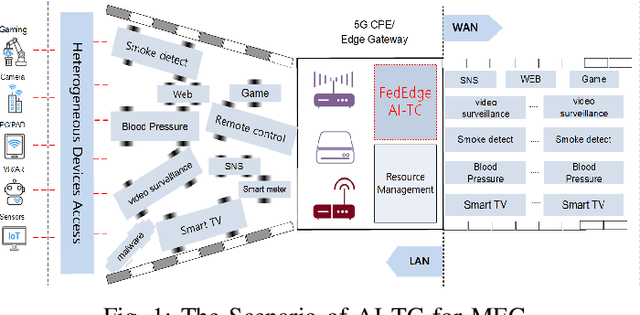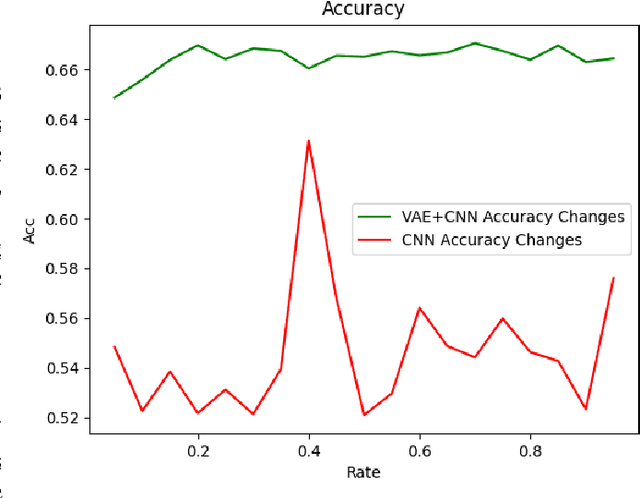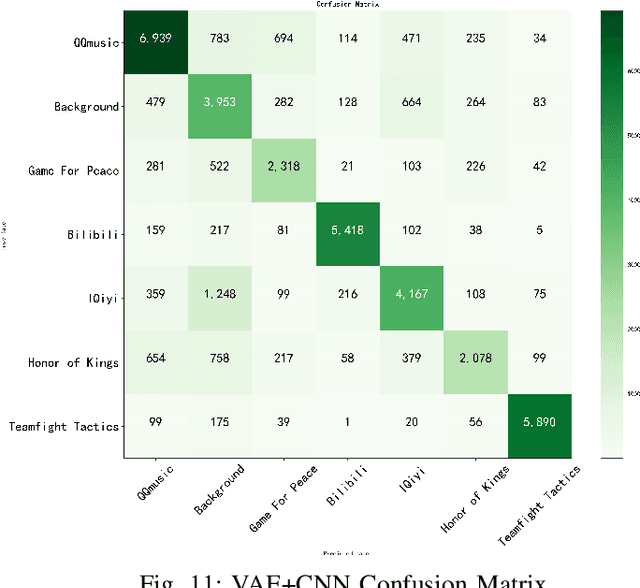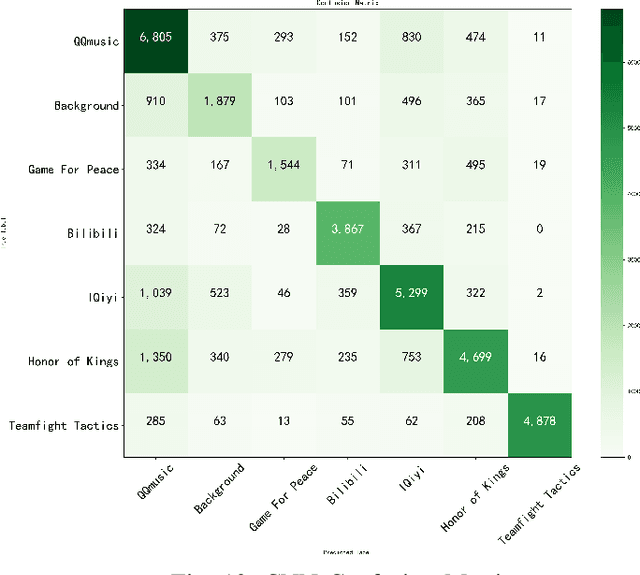Zeyi Li
BiAssemble: Learning Collaborative Affordance for Bimanual Geometric Assembly
Jun 06, 2025Abstract:Shape assembly, the process of combining parts into a complete whole, is a crucial robotic skill with broad real-world applications. Among various assembly tasks, geometric assembly--where broken parts are reassembled into their original form (e.g., reconstructing a shattered bowl)--is particularly challenging. This requires the robot to recognize geometric cues for grasping, assembly, and subsequent bimanual collaborative manipulation on varied fragments. In this paper, we exploit the geometric generalization of point-level affordance, learning affordance aware of bimanual collaboration in geometric assembly with long-horizon action sequences. To address the evaluation ambiguity caused by geometry diversity of broken parts, we introduce a real-world benchmark featuring geometric variety and global reproducibility. Extensive experiments demonstrate the superiority of our approach over both previous affordance-based and imitation-based methods. Project page: https://sites.google.com/view/biassembly/.
ET-SEED: Efficient Trajectory-Level SE(3) Equivariant Diffusion Policy
Nov 06, 2024Abstract:Imitation learning, e.g., diffusion policy, has been proven effective in various robotic manipulation tasks. However, extensive demonstrations are required for policy robustness and generalization. To reduce the demonstration reliance, we leverage spatial symmetry and propose ET-SEED, an efficient trajectory-level SE(3) equivariant diffusion model for generating action sequences in complex robot manipulation tasks. Further, previous equivariant diffusion models require the per-step equivariance in the Markov process, making it difficult to learn policy under such strong constraints. We theoretically extend equivariant Markov kernels and simplify the condition of equivariant diffusion process, thereby significantly improving training efficiency for trajectory-level SE(3) equivariant diffusion policy in an end-to-end manner. We evaluate ET-SEED on representative robotic manipulation tasks, involving rigid body, articulated and deformable object. Experiments demonstrate superior data efficiency and manipulation proficiency of our proposed method, as well as its ability to generalize to unseen configurations with only a few demonstrations. Website: https://et-seed.github.io/
FedEdge AI-TC: A Semi-supervised Traffic Classification Method based on Trusted Federated Deep Learning for Mobile Edge Computing
Aug 14, 2023



Abstract:As a typical entity of MEC (Mobile Edge Computing), 5G CPE (Customer Premise Equipment)/HGU (Home Gateway Unit) has proven to be a promising alternative to traditional Smart Home Gateway. Network TC (Traffic Classification) is a vital service quality assurance and security management method for communication networks, which has become a crucial functional entity in 5G CPE/HGU. In recent years, many researchers have applied Machine Learning or Deep Learning (DL) to TC, namely AI-TC, to improve its performance. However, AI-TC faces challenges, including data dependency, resource-intensive traffic labeling, and user privacy concerns. The limited computing resources of 5G CPE further complicate efficient classification. Moreover, the "black box" nature of AI-TC models raises transparency and credibility issues. The paper proposes the FedEdge AI-TC framework, leveraging Federated Learning (FL) for reliable Network TC in 5G CPE. FL ensures privacy by employing local training, model parameter iteration, and centralized training. A semi-supervised TC algorithm based on Variational Auto-Encoder (VAE) and convolutional neural network (CNN) reduces data dependency while maintaining accuracy. To optimize model light-weight deployment, the paper introduces XAI-Pruning, an AI model compression method combined with DL model interpretability. Experimental evaluation demonstrates FedEdge AI-TC's superiority over benchmarks in terms of accuracy and efficient TC performance. The framework enhances user privacy and model credibility, offering a comprehensive solution for dependable and transparent Network TC in 5G CPE, thus enhancing service quality and security.
 Add to Chrome
Add to Chrome Add to Firefox
Add to Firefox Add to Edge
Add to Edge